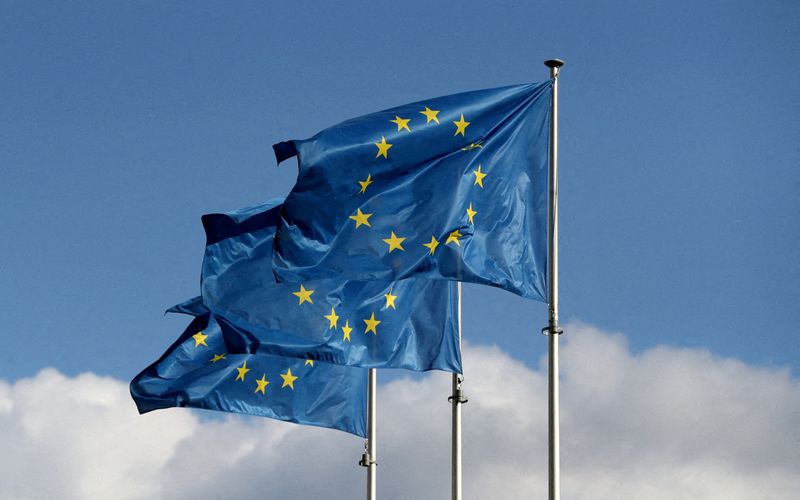EU to test how banks would cope with geopolitical shocks, trade wars
2025.01.20 13:34
MILAN (Reuters) – The European Banking Authority said on Monday it would assess how European banks would react to a hypothetical spiralling of geopolitical tensions and ensuing trade wars in an upcoming health check of the industry.
The simulation, which assumes a dramatic blow to the European economy from geopolitical and trade shocks, kicks off just as Donald Trump is sworn in as U.S. president and prepares to review trade relationships with key partners.
In launching its latest round of “stress tests”, which will cover 64 banks accounting for three quarters of banking assets in the European Union and Norway, the EBA said it would publish the results of the check-up at the start of August.
Of the 64 banks, 51 are from countries whose banking sector is supervised by the European Central Bank. In parallel, the ECB will conduct its own stress tests on a group of banks that are not covered by the EBA.
The EBA said it would test the banks’ resilience to a worst-case scenario in which geopolitical shocks lead to a cumulative 6.3% contraction in real gross domestic product across the EU in the three years through 2027.
Under the scenario, supply shocks linked to trade tensions are seen driving inflation sharply higher, before the damage to confidence, employment levels and consumer spending reins in the pace of price increase.
The banks being tested, which on Monday received all the necessary documents and templates, are due to provide their final answers by the start of July, with intermediate submission deadlines before that.
The EBA last published the outcome of a round of stress tests in 2023, roughly a decade after it started the in-depth check-ups of the bloc’s lenders, ahead of the ECB taking on the role of single banking supervisor in 2014.

The tests are a tool banking supervisors use to assess how much capital lenders need to absorb potential losses and support the economy in a crisis situation.
Their results feed into the supervisory process.








